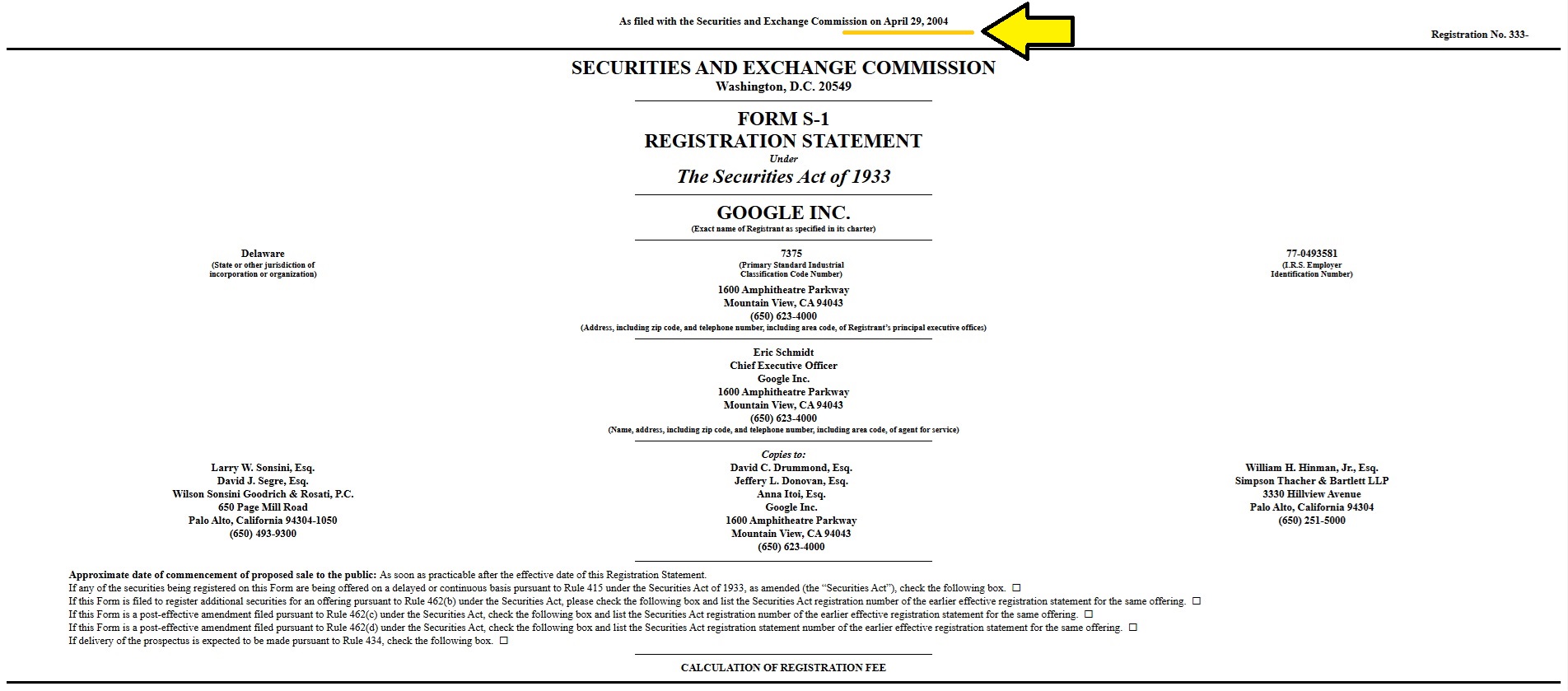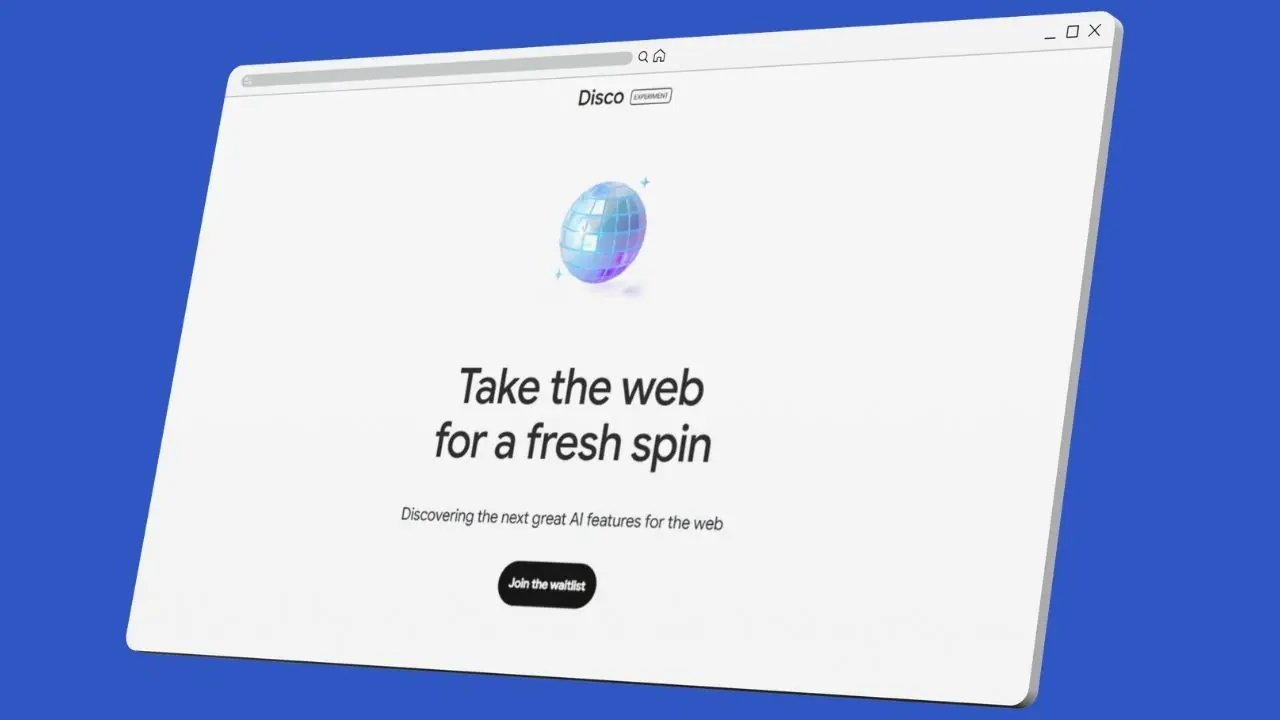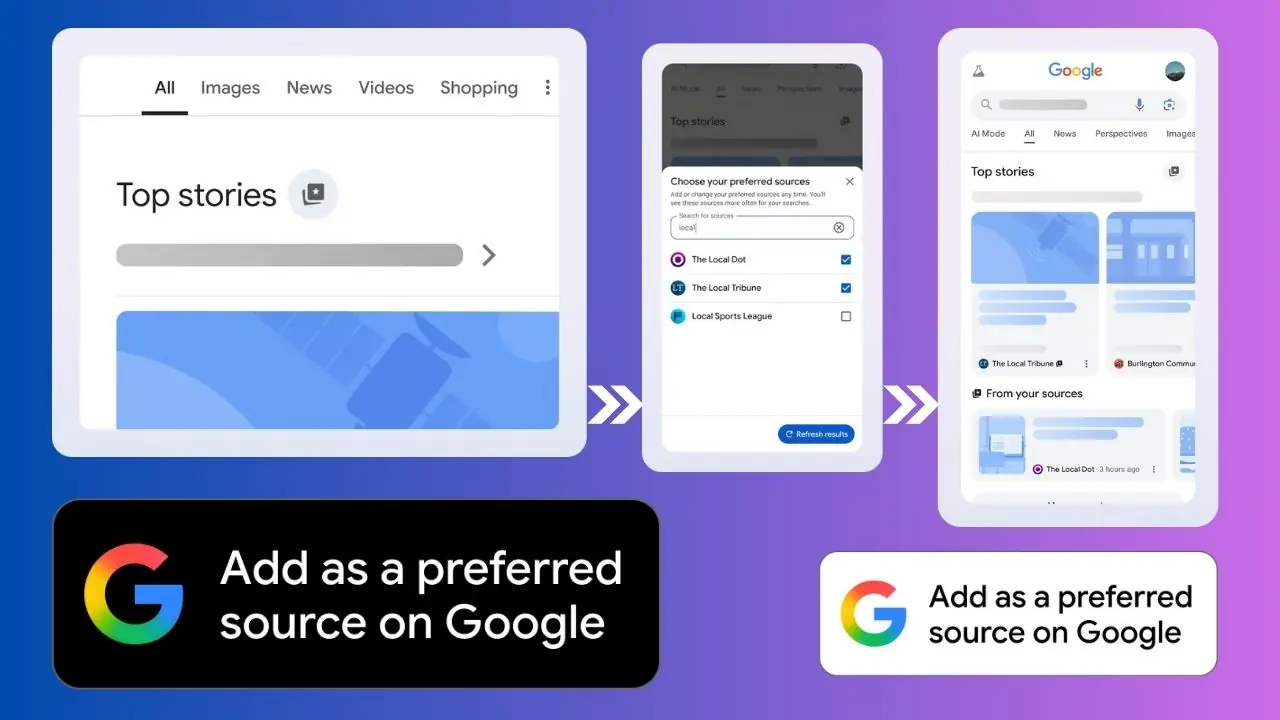Google is a name that almost everyone knows. Whether you’re searching for information, checking your email, or watching a video, Google is likely part of your daily routine. But have you ever wondered just how old this tech giant really is? In this blog post, we’ll explore Google’s age, its humble beginnings, and how it transformed into the powerhouse it is today.
The Birth of Google
Google was officially founded on September 4, 1998, during the exciting early days of Silicon Valley. This was a time when technology and innovation were booming in California, and many new startups were emerging. Google was created by two Stanford University Ph.D. students, Larry Page and Sergey Brin. At the time, they were simply trying to create a better way to search for information on the internet. They came up with a unique algorithm called PageRank, which ranked web pages based on their relevance. This was a revolutionary idea at the time, as other search engines were focusing mostly on keyword matching.
The name “Google” itself comes from a mathematical term “googol,” which refers to the number 1 followed by 100 zeros. This name symbolized their mission to organize an almost infinite amount of information on the web.
Early Years and Growth
In its early years, Google operated out of a garage in Menlo Park, California. Larry Page and Sergey Brin had limited resources, but their vision was clear. Their search engine quickly gained popularity due to its accuracy and simple interface. In fact, Google was growing so rapidly that they couldn’t keep up with the demand for servers. It wasn’t long before the company moved to larger offices, and investors took notice of the potential Google had.
By 2000, Google had become the world’s leading search engine. This was a time when Google’s founders made key decisions that would shape the company’s future, like introducing AdWords, which allowed businesses to advertise on Google’s search results. This was the beginning of Google’s monetization strategy, which would eventually make it one of the wealthiest companies in the world.
Key Events in the History of Google
In the 25+ years since its founding, Google has reached numerous important milestones and moments. Below are some key events in the company’s journey:
- 1996: Larry Page and Sergey Brin begin the Google project at Stanford University.
- 1998: Google is officially founded on September 4, marking its official birthday.
- 2004: Goes public with its initial public offering (IPO).
- 2006: Acquires YouTube, expanding into video content.
- 2008: Purchases DoubleClick, enhancing its advertising capabilities.
- 2012: Takes over Motorola Mobility, venturing into hardware.
- 2013: Integrates Waze into its services, enhancing map features.
- 2014: Acquires DeepMind Technologies, marking its entry into artificial intelligence.
- 2015: Restructures under Alphabet Inc., and Sundar Pichai becomes Google’s CEO.
- 2017: Dismisses James Damore after his controversial memo.
- 2019: Announces its entry into the video game market with Google Stadia.
- 2019: The U.S. Department of Justice announces an investigation into Google’s antitrust practices.
- 2020: Implements cost-cutting measures due to the impact of the COVID-19 pandemic.
- 2021: The Alphabet Workers Union is founded.
- 2023: Removes Canadian news links from its services in response to new legislation requiring payment for news content.
- 2023: Introduces the Search Generative Experience (SGE).
- 2024: Launches an AI Overview on their Search Result Page (SERPs).

Google Today
Fast forward to today, and Google has become more than just a search engine. It has expanded into numerous sectors, including cloud computing, artificial intelligence, advertising, and even hardware. Google’s parent company, Alphabet Inc., was created in 2015 to separate its core business from its other ventures.
As of December 2024, Google is 26 years old. Over the past two decades, the company has continued to grow and evolve. It’s not just a search engine anymore; it’s a part of nearly every aspect of life, from its Android operating system to services like Google Maps, Gmail, and Google Drive.
Related: Google Gets Caught Red Handed in Site Reputation Abuse
Key Algorithm Updates in Google’s History
Google’s search algorithm has evolved significantly over the years. Each update aims to improve search results, promote quality content, and penalize low-value websites. Let’s explore some of the major updates in Google’s history that shaped the way we search today.
In 2003, Google introduced the “Florida” update, which brought major changes to the ranking system. This update impacted many websites by changing how rankings were determined, especially for certain types of websites.
A couple of years later, in 2005, Google launched the “NoFollow” attribute to fight against spammy links. This change helped to prevent websites from manipulating search rankings using low-quality backlinks. Around the same time, the “Jagger” update was rolled out to address issues with unnatural link profiles, improving the overall link-building landscape.
The “Vince” update, released in 2009, marked a significant shift by prioritizing larger, well-established brands in search results. It gave more visibility to big companies, favoring them over smaller or lesser-known websites.
In 2010, Google introduced the “May Day” update, focusing on improving long-tail search results. This update aimed to refine how Google handled less common, more specific searches, making results more relevant.
The year 2011 saw the launch of the “Panda” update, a game-changer in how content quality was ranked. This update penalized sites with low-quality content while rewarding those offering valuable, well-researched, and original material.
In 2012, Google rolled out the “Penguin” update to target websites using manipulative tactics, such as unnatural link building, to boost their rankings. This was a crucial step in promoting ethical SEO practices.
A year later, in 2013, Google introduced the “Hummingbird” update, which focused on improving the speed and accuracy of search results. It enhanced the search engine’s ability to understand queries more naturally, allowing it to deliver more precise results.
The “Pigeon” update, launched in 2014, aimed to improve local search results. By taking into account location and proximity, this update made local searches more relevant and useful.
In 2015, GOOG released the “Mobile” update, also known as “Mobilegeddon”. This update favored mobile-friendly websites, ensuring that users on mobile devices got the best possible search experience. It pushed businesses to optimize their websites for mobile.
The “Possum” update in 2016 was another move to improve local search. This update helped diversify the local search results by considering different factors, like search location and business proximity.
In 2018, the “Medic” update focused on improving the quality of health and medical websites. It aimed to make search results more reliable, particularly for topics that could affect people’s well-being.
Fast forward to 2019, when GOOG introduced the “BERT” update. This update improved Google’s understanding of natural language, especially for more complex queries. It helped Google better comprehend the context of a search, making results more relevant.
The “Core” update in 2020 was another step in refining Google’s search algorithm. This update focused on improving the overall relevance and quality of search results, giving users better answers to their queries.
Finally, in 2021, GOOG introduced the “Page Experience” update, which prioritized user experience factors like site speed, mobile-friendliness, and security. This update emphasized how the user interacts with a website, not just the content itself.
These updates demonstrate Google’s commitment to improving search results and delivering a better experience for users. Over time, they have ensured that websites with high-quality, relevant content are rewarded, while low-quality websites are penalized. As Google continues to innovate, it will likely introduce more updates to keep improving the way we search online.
Related: The Mystery of “Googler.com Owner” vs. Googler .com Owner
Why Google Is So Important Today
Google has redefined the way we use the internet. It has become synonymous with searching for information. Its simple yet effective design changed the game, setting it apart from other search engines. Thanks to its vast collection of tools, Google has influenced everything from online advertising to mobile technology.
The company’s constant innovation also keeps it ahead of competitors. Google’s commitment to improving its search algorithms, adding new services, and venturing into new technologies has made it a global leader.
Google’s Impact on Technology
Google has shaped the digital landscape in many ways. The introduction of Google Chrome revolutionized web browsing. Google’s Android operating system is now the most widely used mobile OS in the world. Moreover, services like Google Photos, Google Translate, and Google Maps have become essential parts of our daily lives.
The company’s focus on artificial intelligence and machine learning has also pushed the tech industry forward. Google’s AI research is behind tools like Google Assistant and Google Lens, which use voice recognition and image analysis to assist users.
Challenges Along the Way
Google hasn’t had a smooth ride all the way. In its early years, it faced competition from other search engines like Yahoo, AltaVista, and Ask Jeeves. However, it gradually surpassed these competitors by offering better search results and a cleaner interface.
As Google grew, it also faced regulatory challenges. Governments around the world began to question its dominance in the search engine market. Antitrust lawsuits were filed, particularly concerning its advertising practices. Despite these challenges, Google continued to dominate the market by evolving and adapting to changes in technology and consumer needs.
The Future of Google
At 26 years old, Google is far from slowing down. The company is constantly working on new projects, from self-driving cars with Waymo to advances in healthcare and quantum computing. It’s clear that Google isn’t just resting on its laurels but looking to the future to continue its innovation.
In the coming years, we can expect even more groundbreaking developments from the company. As AI and machine learning continue to advance, Google will likely integrate these technologies into more products and services. Additionally, with the rise of smart devices and IoT, Google is positioning itself as a leader in the connected world.
Conclusion: Google’s Legacy
Google has come a long way since its humble beginnings in a garage. It has reshaped the internet, making information more accessible and creating tools that people use every day. As of 2024, Google is 26 years old, and its influence continues to grow. From its pioneering search engine to its ventures in AI and self-driving cars, Google is a company that has changed the world in countless ways.
With its ongoing innovations and expansion into new areas, it’s safe to say that Google’s journey is far from over. As we look to the future, we can only imagine what new milestones Google will reach in the years to come.








